The Rise of Ubiquitous AI
Artificial Intelligence (AI) is steadily embedding itself into every aspect of our daily lives, from personal assistants to smart home systems. While its presence is already significant, the next decade promises a deeper integration, transforming how we interact with technology in ways we are only beginning to understand.
Automation and Employment Shifts
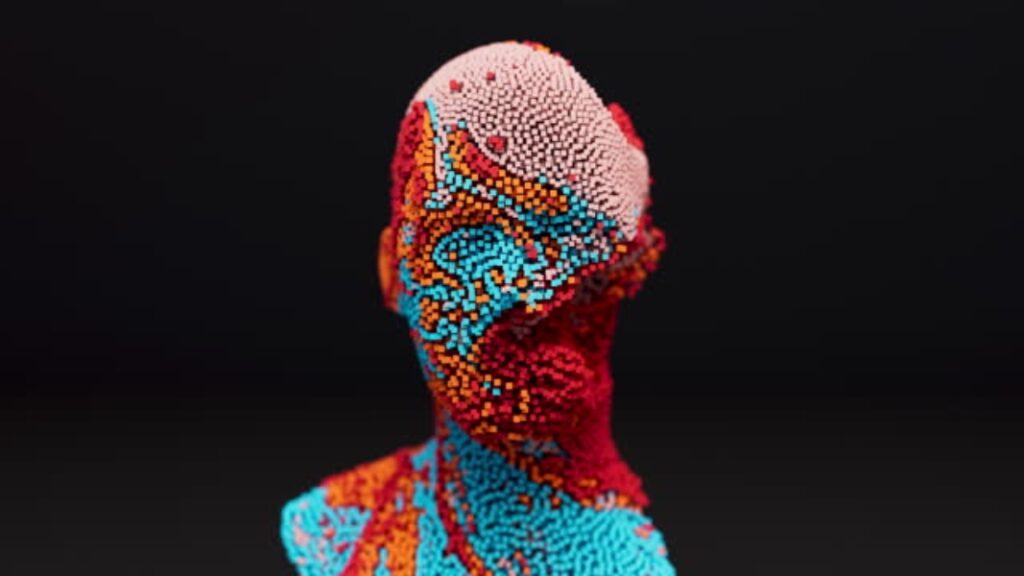
As AI-driven automation advances, many jobs traditionally held by humans will be performed by machines. This shift is expected to have a profound impact on employment, with some sectors shrinking while others emerge. The societal implications of mass job displacement could lead to increased inequality, social unrest, and a redefinition of work itself.
AI and Decision-Making
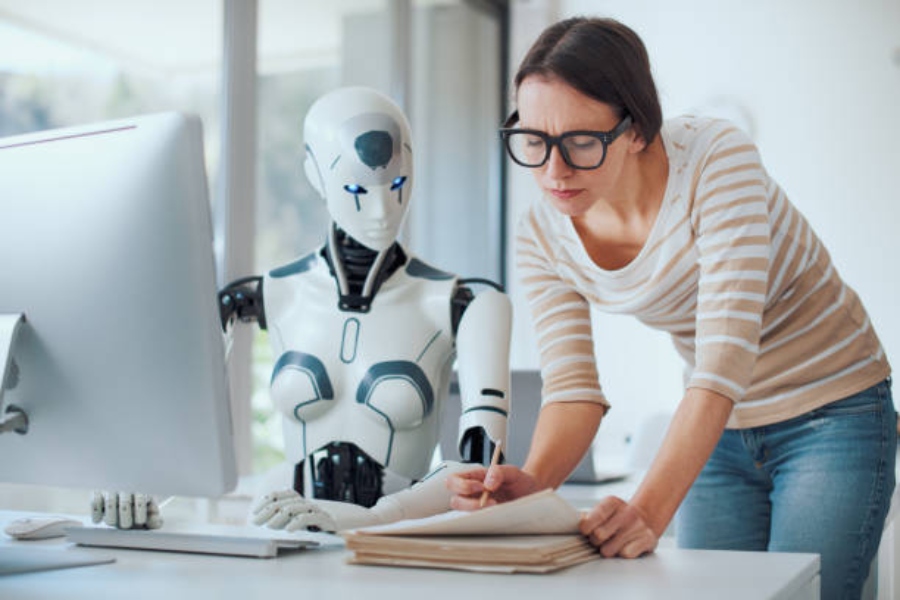
AI is becoming increasingly capable of making decisions that were once the exclusive domain of humans, from medical diagnoses to legal judgments. As these systems gain more autonomy, the ethical and moral implications of delegating critical decisions to machines will become a pressing issue, potentially leading to new societal norms and regulations.
Privacy Concerns in an AI-Driven World
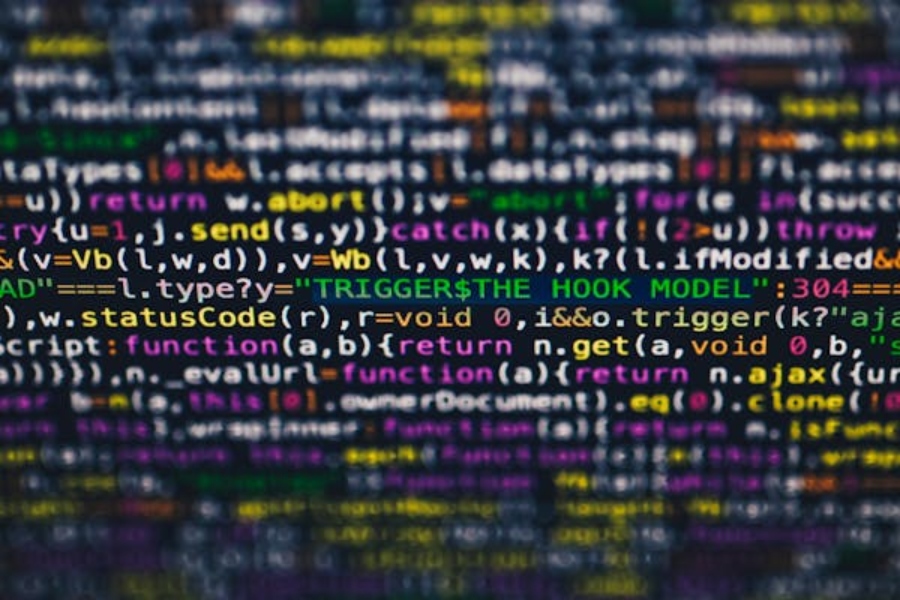
The proliferation of AI also raises significant concerns about privacy. As AI systems collect and analyze vast amounts of personal data, the potential for misuse or unauthorized access increases. This could lead to a reevaluation of privacy rights and a push for stricter regulations, fundamentally altering the relationship between individuals and technology.
The Emergence of AI in Personal Relationships
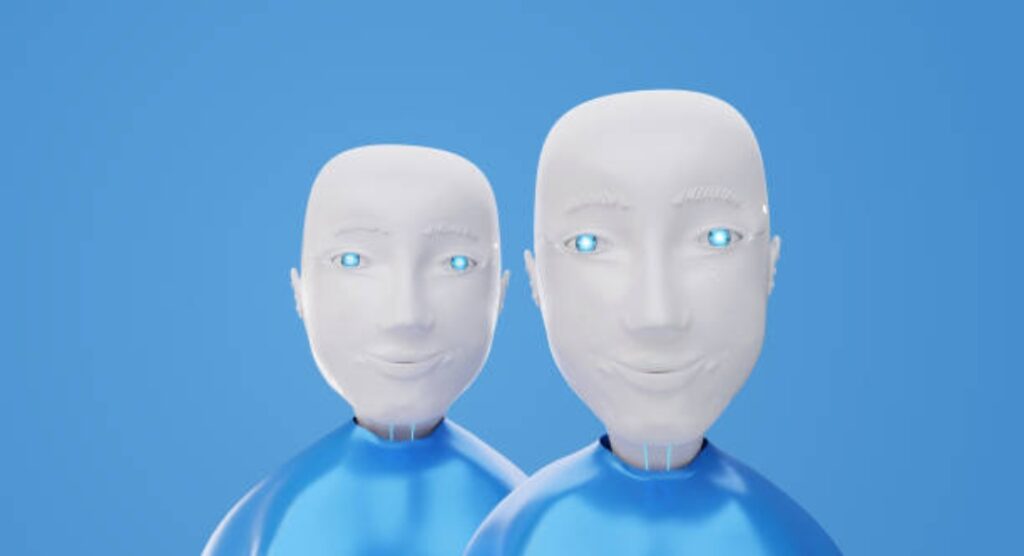
AI is poised to enter the realm of personal relationships, with the development of AI companions and virtual friends. While these technologies offer the potential to combat loneliness and provide support, they could also lead to unexpected changes in how people form and maintain relationships, possibly affecting social structures and emotional well-being.
AI in Education and Learning
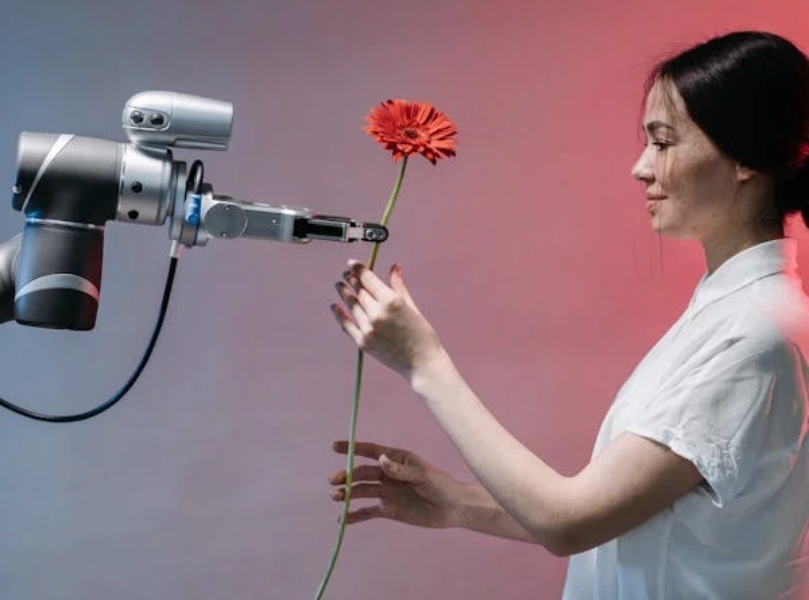
The education sector is likely to experience a revolution as AI personalizes learning experiences for students. While this could enhance educational outcomes, it may also widen the gap between those with access to advanced AI-driven education and those without, creating new forms of inequality and social stratification.
AI and Creative Industries

AI is already making inroads into creative fields such as art, music, and writing. As these technologies evolve, they could challenge traditional notions of creativity and authorship. The societal impact could be profound, potentially leading to a redefinition of what it means to be creative and who can claim ownership of creative works.
The Ethical Dilemmas of AI in Healthcare
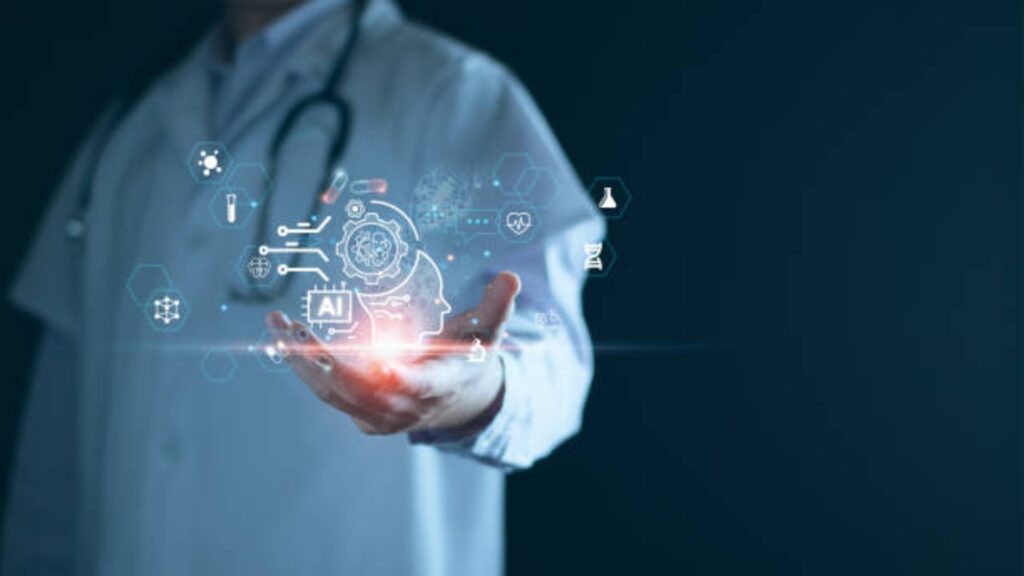
AI’s role in healthcare is expanding, offering the potential for improved diagnostics and personalized treatment plans. However, the reliance on AI in critical medical decisions raises ethical concerns, particularly when it comes to accountability and the potential for bias in AI algorithms, which could have life-or-death consequences.
AI and the Future of Democracy
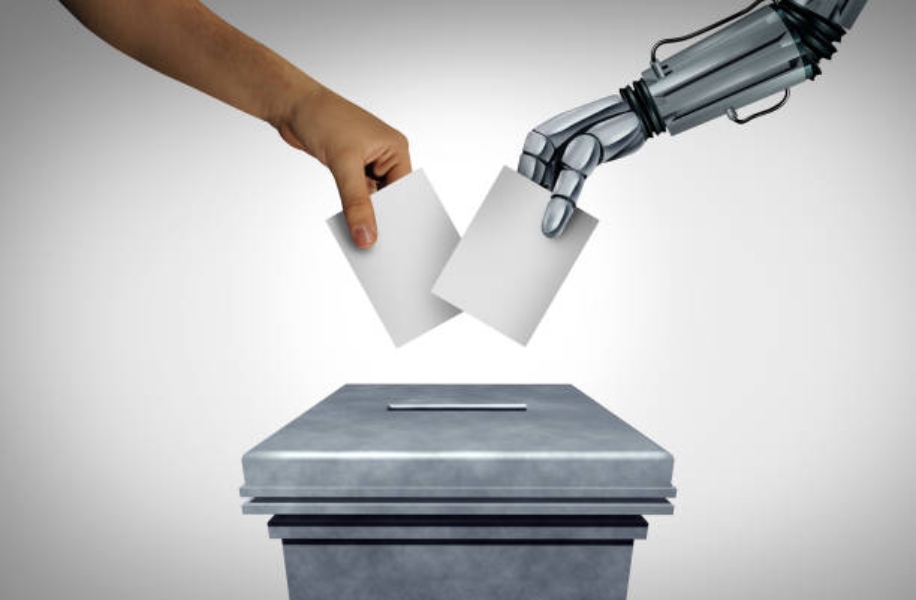
The influence of AI on democracy and governance is another area of concern. AI-driven data analytics and social media algorithms could be used to manipulate public opinion, potentially undermining democratic processes. The societal impact of AI in this realm could lead to significant changes in how governments operate and how citizens engage with politics.
The Long-Term Societal Impact
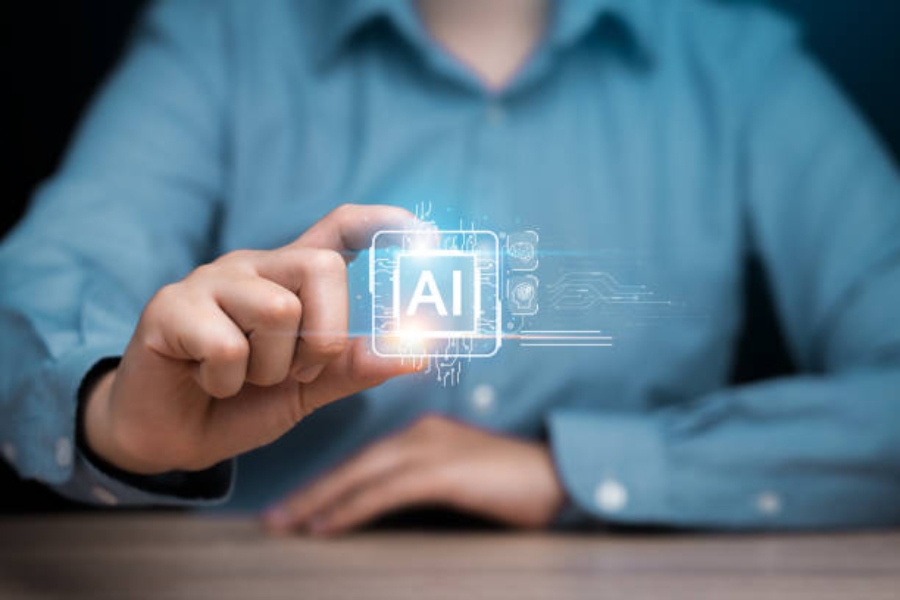
While AI holds the promise of numerous benefits, its widespread adoption will likely bring unexpected societal impacts. As we move forward into an AI-driven future, it will be crucial to carefully consider these implications, ensuring that the technology is developed and deployed in ways that benefit society as a whole, rather than exacerbating existing inequalities or creating new challenges.







